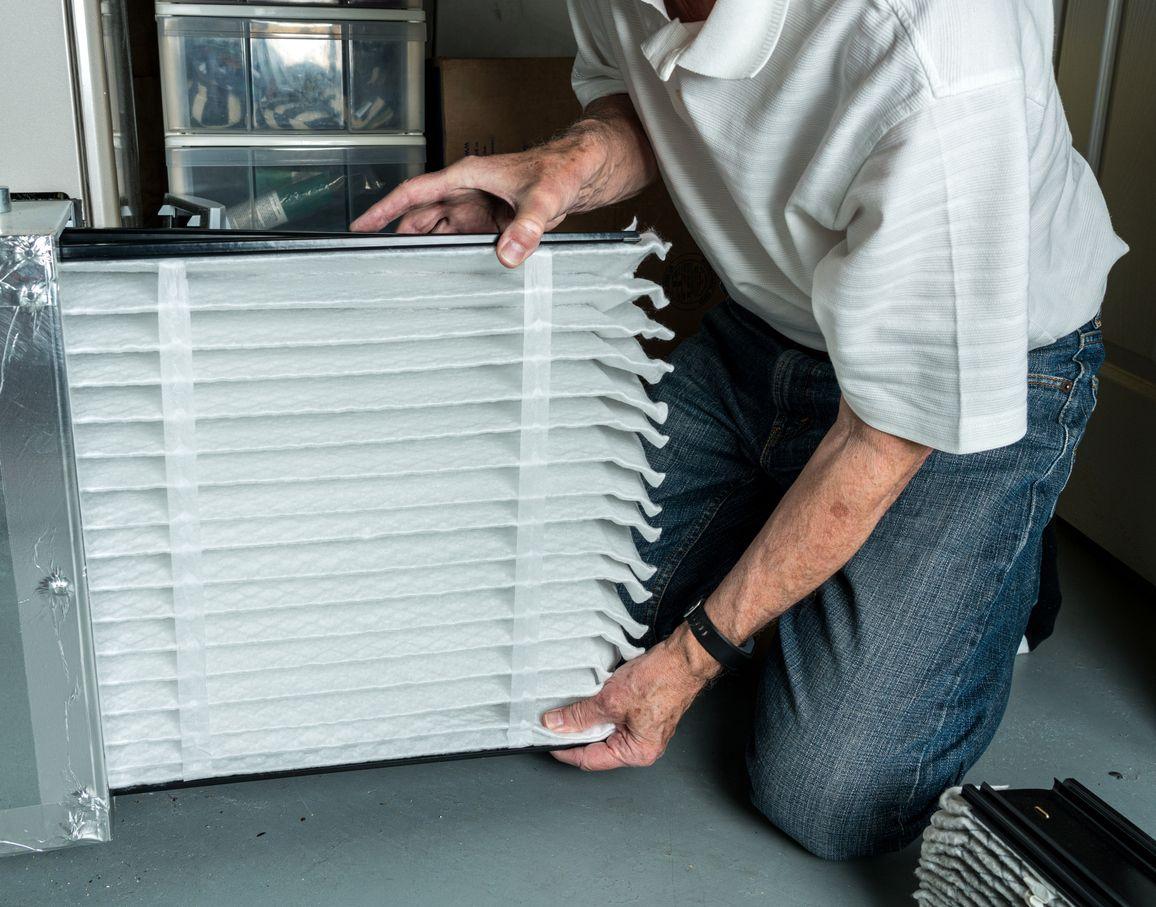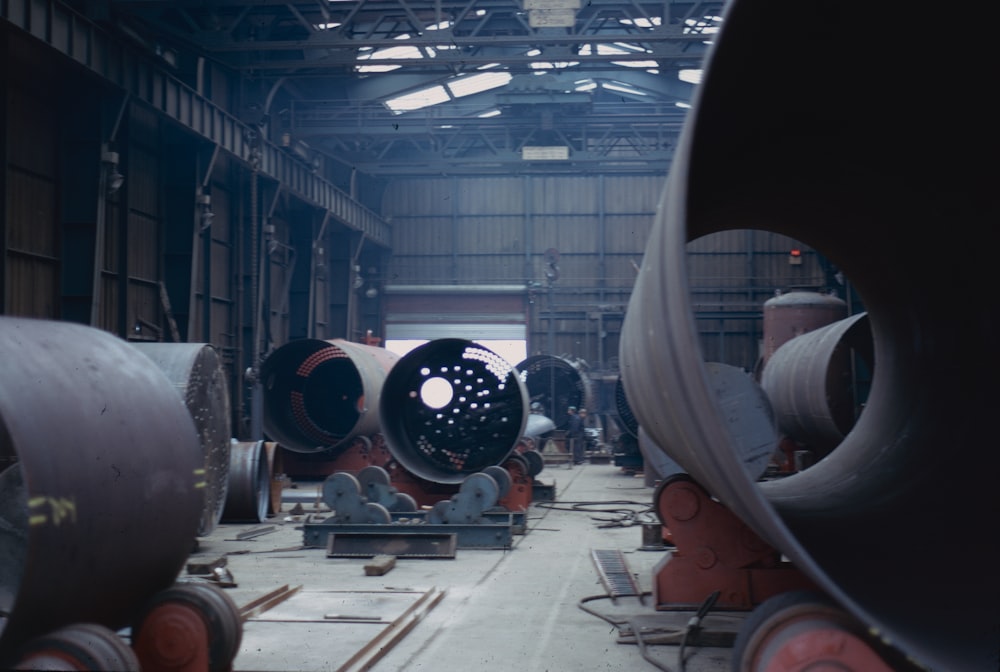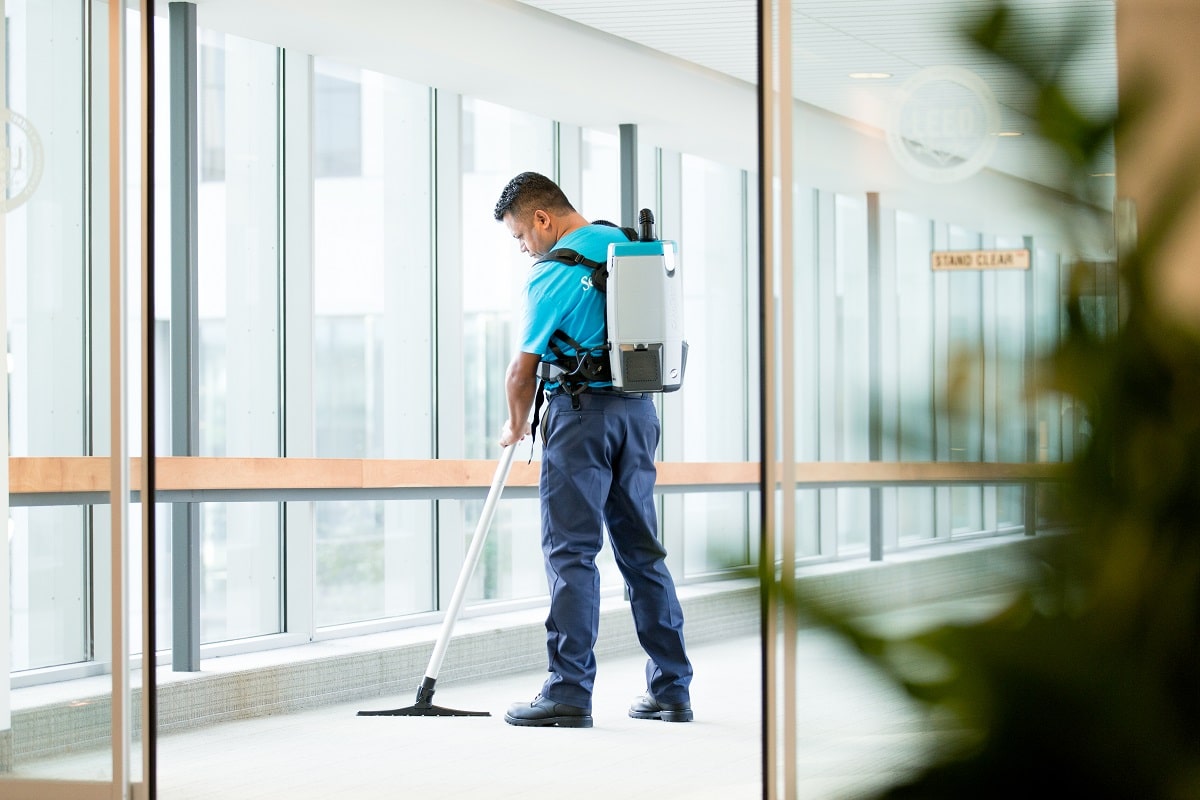
Ensuring Longevity: A Guide to Effective HVAC System Maintenance
Maintaining your HVAC (Heating, Ventilation, and Air Conditioning) system is crucial for its longevity and optimal performance. A well-maintained HVAC system not only enhances indoor comfort but also contributes to energy efficiency. Let’s explore some essential tips to keep your HVAC system in top condition.
Regular Filter Replacements: A Simple Yet Vital Task
One of the most straightforward yet vital maintenance tasks for your HVAC system is regularly replacing the air filters. Clogged and dirty filters restrict airflow, reducing system efficiency and potentially causing damage. Aim to replace standard filters every 1-3 months, but it’s advisable to check them monthly, especially during peak usage periods.
Keep the Outdoor Unit Clear: Trim and Clean Surroundings
The outdoor unit of your HVAC system requires adequate airflow to function optimally. Keep the surrounding area free of debris, leaves, and overgrown vegetation. Regularly trim bushes and plants to maintain a clear space around the unit. This simple step ensures that the system can efficiently exchange heat with the environment.
Thorough Inspection of Ductwork: Sealing and Insulating
Leaky ducts can lead to energy wastage and reduced system efficiency. Conduct a thorough inspection of your ductwork, checking for any leaks or loose connections. Seal and insulate ducts properly to prevent conditioned air from escaping and to ensure that the air reaches its intended destination without unnecessary loss.
Programmable Thermostats: Efficient Temperature Control
Investing in a programmable thermostat can significantly contribute to both comfort and energy savings. Program the thermostat to adjust temperatures based on your daily schedule. Lowering the temperature when you’re away or asleep reduces the workload on your HVAC system, leading to energy efficiency and potential cost savings.
Regular Professional Inspections: Expert Eyes on Your System
While some maintenance tasks can be handled by homeowners, regular professional inspections are essential. HVAC technicians have the expertise to identify and address potential issues before they become major problems. Schedule annual or bi-annual inspections to ensure that your system receives the expert care it deserves.
Monitor Refrigerant Levels: A Critical Component
Proper refrigerant levels are essential for the efficient operation of your HVAC system. Low refrigerant levels can lead to decreased performance and potential damage to the compressor. If you notice a decline in cooling efficiency or warm air blowing from the vents, consult a professional to check and replenish refrigerant levels.
Inspect and Clean Coils: Enhancing Heat Exchange
Both the evaporator and condenser coils in your HVAC system play a crucial role in heat exchange. Over time, these coils can accumulate dirt, reducing their ability to absorb and release heat efficiently. Regularly inspect and clean the coils to ensure optimal performance and energy efficiency.
Check and Tighten Electrical Connections: A Safety Measure
Loose or faulty electrical connections in your HVAC system pose a safety risk and can lead to system malfunctions. During routine maintenance, inspect all electrical connections and tighten any loose ones. If you’re unsure or uncomfortable handling electrical components, it’s advisable to seek professional assistance.
Educate Yourself: Empower Your Maintenance Efforts
Empower yourself by learning more about your HVAC system. Understand its components, how it operates, and the recommended maintenance tasks. This knowledge enables you to take proactive measures and communicate effectively with HVAC professionals when needed.
To explore more HVAC System Maintenance Tips and enhance the efficiency of your system, visit HVAC System Maintenance Tips. Implementing these tips not only ensures a comfortable indoor environment but also contributes to energy savings and extends the life of your HVAC system.










